On World Immunization Day: National Immunization Day: Safeguarding Health Through Vaccination
Vaccines are one of the greatest triumphs in modern medicine, saving millions of lives and preventing the spread of deadly diseases. Every year, World Immunization Day and National Immunization Day come together to celebrate and raise awareness about the importance of vaccination. These observances provide an opportunity to remind the world of the life-saving benefits of immunization, not just for individuals, but for entire communities.
In this article, we’ll explore the significance of these special days, the impact of vaccines on global health, and how immunization continues to be a cornerstone of public health initiatives around the world.
What Is World Immunization Day?
World Immunization Day, celebrated on November 10th, is an initiative led by the World Health Organization (WHO) and its partners. The day aims to raise awareness about the importance of vaccines in protecting people of all ages from preventable diseases. It’s an opportunity to highlight the incredible progress made in immunization efforts globally, while also addressing the challenges that remain.
This year, the theme of World Immunization Day focuses on the need to “Vaccinate All Children,” ensuring that every child has access to life-saving vaccines. The goal is simple yet profound: no child should suffer or die from diseases that can be prevented through vaccination.
National Immunization Day: A Key Initiative
In India, National Immunization Day (NID) is celebrated with great enthusiasm and commitment. NID, also known as Pulse Polio Day, is dedicated to ensuring that every child under the age of five is vaccinated against polio. This day is celebrated annually in January, and the focus is on ensuring that no child is left behind in the fight against polio.
NID is a vital part of India’s strategy to eliminate polio and prevent its resurgence. Over the years, India has made remarkable progress, with the country officially declared polio-free by the WHO in 2014. But the journey doesn’t stop there. Continued immunization efforts are crucial to maintaining this success and ensuring that polio, along with other preventable diseases, remains a thing of the past.
The Power of Vaccination: Why It Matters
Vaccination is one of the most effective ways to prevent the spread of infectious diseases. By injecting a weakened or inactivated form of a virus or bacteria into the body, vaccines stimulate the immune system to produce antibodies, which then protect against future infections.
Here are some key reasons why vaccination is so important:
- Prevents the Spread of Disease: Vaccines reduce the likelihood of disease transmission, preventing outbreaks in communities.
- Protects Vulnerable Populations: Infants, elderly individuals, and those with compromised immune systems are more vulnerable to infections. Vaccination helps protect these groups.
- Achieves Herd Immunity: When a large percentage of the population is immunized, the spread of disease is significantly slowed, protecting even those who can’t be vaccinated.
- Saves Lives: Vaccines have saved millions of lives, preventing diseases such as smallpox, measles, polio, and tetanus, among others.
Challenges to Global Immunization:
While progress has been made, there are still challenges to achieving global immunization coverage. Factors such as misinformation, lack of access to healthcare, and political instability can all create barriers to vaccination. In some regions, a lack of resources or infrastructure makes it difficult for health workers to reach remote communities.
Furthermore, with the COVID-19 pandemic, the world has seen firsthand how disruptions in immunization campaigns can have devastating effects. Many children missed routine vaccinations, which has raised concerns about the resurgence of vaccine-preventable diseases.
How You Can Make a Difference
On World Immunization Day and National Immunization Day, it’s essential to remember that vaccination is a collective effort. Here’s how you can help:
- Get vaccinated: If you haven’t yet received your vaccinations, make sure to consult with your healthcare provider about what you need.
- Educate others: Share the importance of immunization with your friends and family, especially in communities where vaccine hesitancy is high.
- Support local vaccination campaigns: Volunteer or donate to organizations that are working to improve vaccination access in underserved areas.
- Advocate for policy change: Support policies that increase access to vaccines and strengthen immunization programs globally.
On Mind Body Willness Day: Simple Practices to Enhance Your Mind-Body Wellness on International Day
The Road Ahead: Building a Healthier Future
As we look to the future, it’s clear that immunization will continue to play a critical role in safeguarding global health. On World Immunization Day and National Immunization Day, let’s reflect on the power of vaccines and the impact they have on communities worldwide.
By ensuring that every child receives their vaccinations, we are one step closer to eliminating preventable diseases and building a healthier, safer world for future generations. Vaccines are not just a personal benefit—they are a shared responsibility that protects us all. Let’s continue to advocate for vaccination, educate others, and work together toward a world where no one is left behind in the fight against preventable diseases.
Cervical Health Awareness Month: Understanding the HPV Vaccine and Its Benefits
Conclusion:
On World Immunization Day and National Immunization Day, we celebrate the progress made, recognize the work still to be done, and reaffirm our commitment to safeguarding public health through vaccination. Immunization is a global priority, and it’s up to all of us to ensure that everyone, everywhere, has access to these life-saving tools.
So, let’s celebrate the power of vaccines and keep working toward a world where no child, no family, and no community is left vulnerable to preventable diseases. Vaccinate today for a healthier tomorrow!

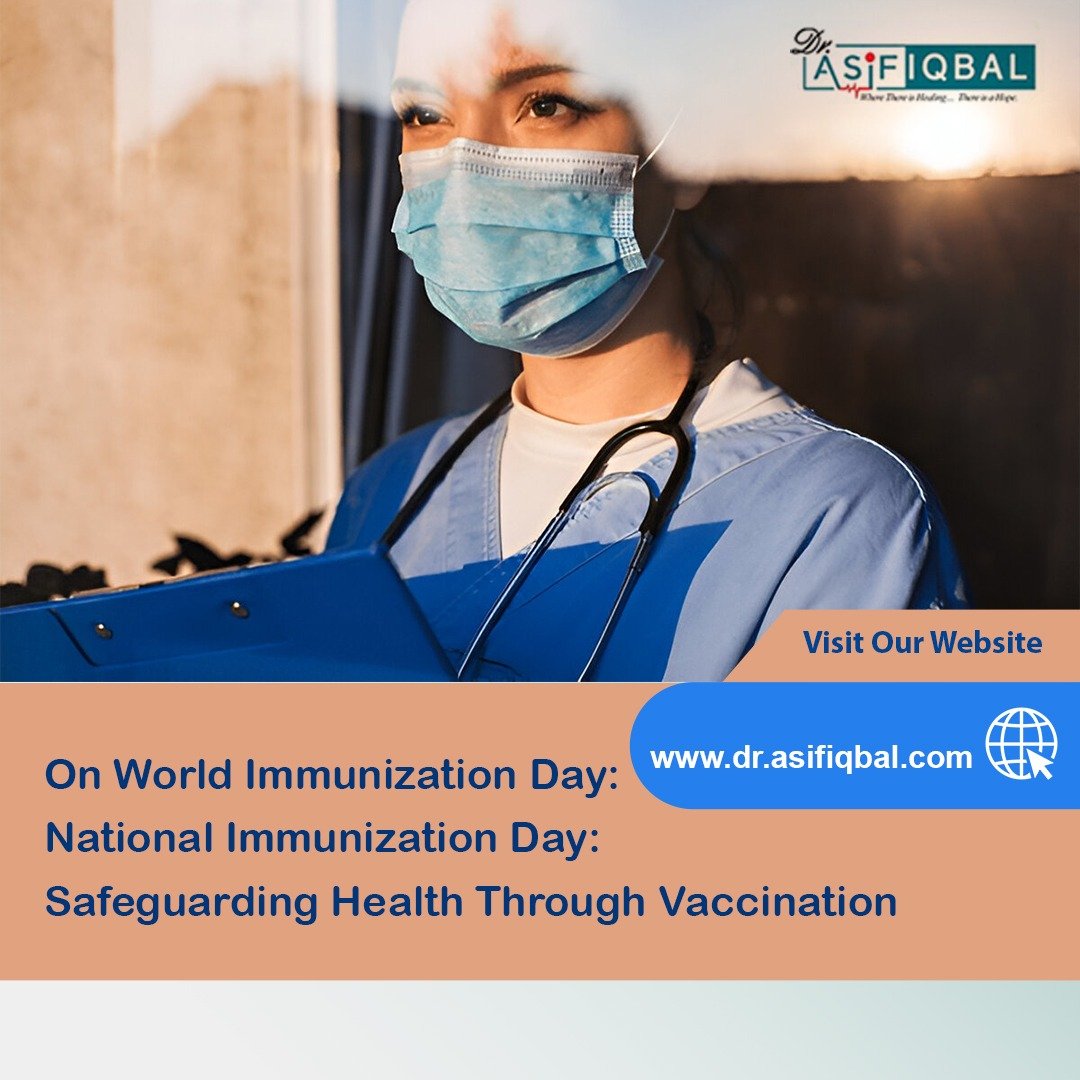
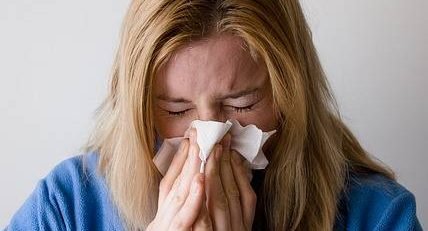





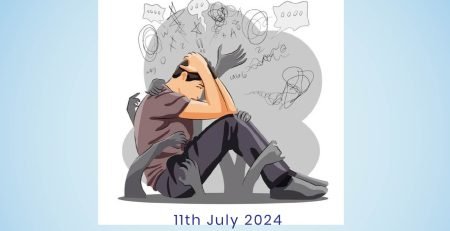
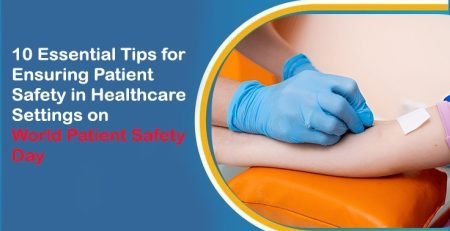

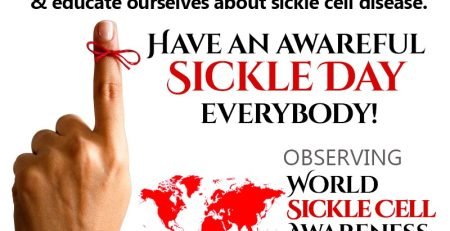
Leave a Reply